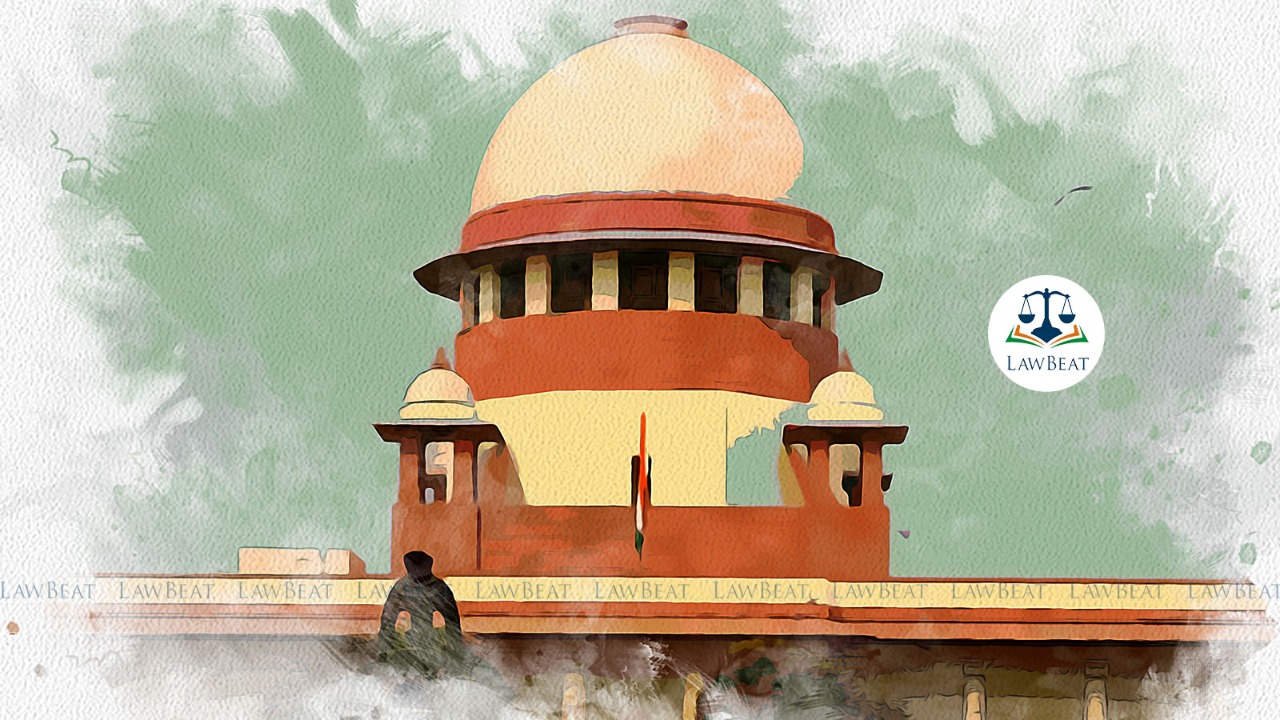'Simpliciter discharge of probationer constable,' SC sets aside order for reinstatement

Court has said the discharge order was passed in case of respondent Jaswant Singh on the recommendation of the concerned supervisory authority of the Training Centre due to prolonged absence from training without any intimation
The Supreme Court has upheld a decision to discharge a probationer Punjab police constable from the services after he failed to report back to the training centre while returning from a special duty as security guards.
A bench of Justices JK Maheshwari and KV Vishwanathan relied upon the Punjab Police Rules which allowed discharge of a constable if not found efficient during the three years of probation and there can't be an appeal of such a decision.
The authority found that the probationer constable has no interest in training, and no sense of responsibility, hence, he cannot prove himself a good, efficient police officer, it said.
Singh was recruited as a constable with Punjab Police on November 12, 1989. During probation, he was discharged on March 28, 1991 from the services by Senior Superintendent of Police, Amritsar in exercise of power under Rule 12.21 of Punjab Police Rules, 1934. Singh, along with other trainee constables, was deputed for law-and-order duty in Amritsar District on November 24, 1990. All the recruits were relieved from the said duty and reported back at the Training Centre, except Singh.
The constable took the plea that since he fell ill on his return, he was hospitalised during the period, so he failed to join the training.
Referring to Punjab Police Rules, 1934, the bench said it is apparent that in case a probationary constable is found unlikely to prove an efficient police officer, he may be discharged by the Senior Superintendent of Police at any time within three years from the date of enrolment.
"The SSP, relying upon the recommendation of the supervising officer (SP, Training Centre) formed an opinion that the probationary constable is found unlikely to prove an efficient police officer owing to his demeanour," it said.
According to Rule 12.21 of the Punjab Police Rules, a constable who is found unlikely to prove an efficient police officer may be discharged by the Superintendent at any time within three years of enrolment and there shall be no appeal against an order of discharge under this Rule.
The bench rejected the contention by Singh that his discharge was a punitive action and undertaken without following the due process.
It also said his case was that of simpliciter discharge of a probationer constable.
"The foundation of discharge is not on any serious allegation or act of misconduct. The discharge order was passed on the recommendation of the concerned supervisory authority of the Training Centre due to prolonged absence from training without any intimation. The authority found that the probationer constable has no interest in training, and no sense of responsibility, hence, he cannot prove himself a good, efficient police officer," the bench said.
The court set aside the judgements by Punjab and Haryana High Court as well as that the appellate court and civil judge (junior division) which have held discharge of a probationer Punjab police constable as illegal.
Allowing an appeal filed by the Punjab government, the bench said, "In our considered view, all the three courts misconstrued Rule 12.21 of PPR and decreed the suit filed by the respondent-plaintiff. Looking to the contents of the order of discharge, in the considered opinion of this court, there is no foundation of misconduct alleged in the order and it is an order of simpliciter discharge of a probationer constable."
Case Title: THE STATE OF PUNJAB AND OTHERS vs. JASWANT SINGH
